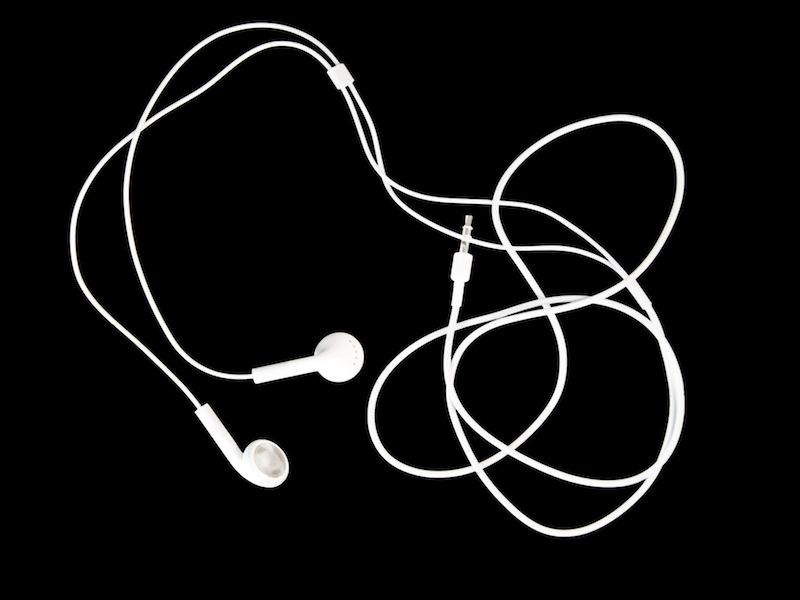
If you haven’t had your hearing checked since your grade school days, you’re not alone. It’s not normally part of a routine adult physical and unfortunately, we often deal with hearing reactively instead of proactively. In fact, even when they know they have loss of hearing, the majority of people ignore it for up to seven years which can significantly impact your health. In fact, in the long run, it’s been proven that your general health expense will increase if you have untreated loss of hearing.
The good news, hearing exams are simple, pain-free, and provide a wide range of facts for us to assist you, both for diagnosing hearing problems and assessing whether interventions like hearing aids are working. When you were a child, you might recall the audiometry test from school, but a full hearing test will give you a clearer understanding of your hearing without a lollipop or sticker.
It’s crucial that you routinely get your hearing examined even though you may not normally give your hearing as much attention as your teeth or eyes. It can be a long time before you recognize that there is an issue with your hearing. Because hearing loss commonly takes place gradually over time it’s not easy to recognize it at first, but the sooner you can, the more likely you will be able to effectively deal with it.
How do You Know When You Should be Tested?
Usually the hospital will screen babies for hearing loss before they send them home. Teenagers should be tested during routine checkups with their doctors and children should get formal hearing tests at the ages of 4, 5, 6, 8 and 10 years old according to The American Academy of Pediatrics.
It’s suggested that if you are in between the ages of 18 and 49, you have your hearing examined every five years and then, as you get older, more frequently. You need to get checked every three years if you are between 46 and 60 years old and then every two years after you turn 60. But you might need to get tested more often. The frequency with which you should get examined will ultimately depend on your unique circumstances. You should have your hearing examined immediately if you notice it isn’t as good as it once was. Neglected loss of hearing has been connected to mental decline, depression and increased risk of falls and other health issues. It can also influence your relationships and your ability to do work effectively.
There are also some circumstances in which you should get a hearing exam as soon as you can to address loss of hearing that could get worse. The following scenarios suggest that you need to get a hearing test immediately:
- Conversations are difficult to hear when you are in a crowded area especially
- It is difficult to pinpoint where sounds are coming from
- Asking people to repeat themselves is something you have to do constantly
- There is earwax buildup or you had an ear infection
- You are experiencing vertigo
- You are experiencing a constant ringing in your ears
Whether you are at risk of hearing loss is another factor. As an example, if hearing loss runs in your family or you are exposed to loud noises on a regular basis you should have your hearing tested more regularly.
Also, over 200 ototoxic medications exist. From Aspirin to certain antibiotics, these drugs can be very bad for your hearing. So that you can make certain none of your medications are impacting your ears, consult your doctor. Think about getting your hearing tested more frequently in order to address any loss of hearing immediately if you are using any ototoxic medications.
Also, take into consideration how your habits could be affecting your hearing loss. Constantly using your earbuds? Hearing loss has noticeably increased in younger people, and many experts believe that this is because of the use of headphones and earbuds. Your hearing can also be significantly harmed by loud concerts, shows, and machinery. If you feel that it’s time for you to get your hearing tested, schedule an appointment today.
